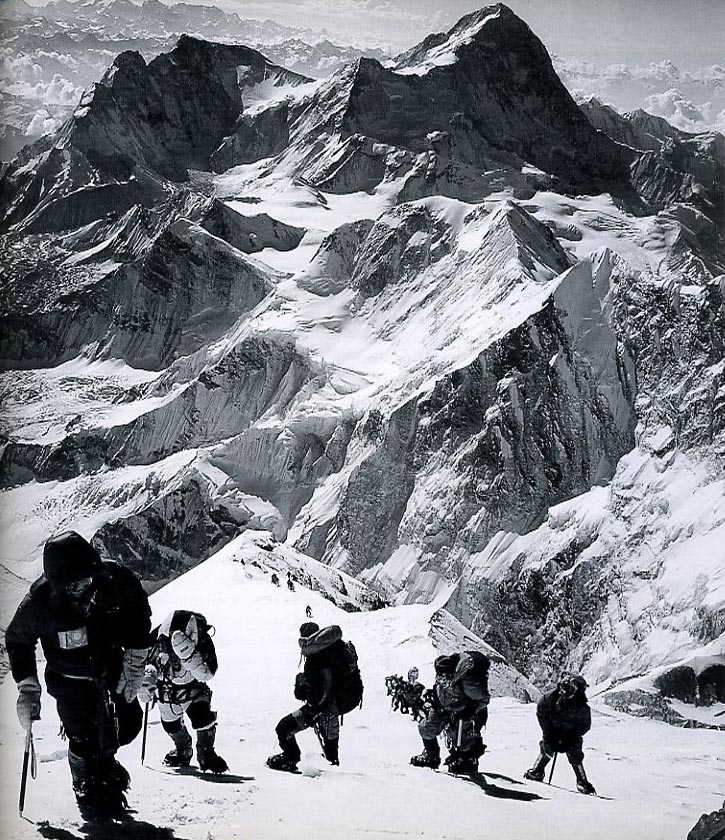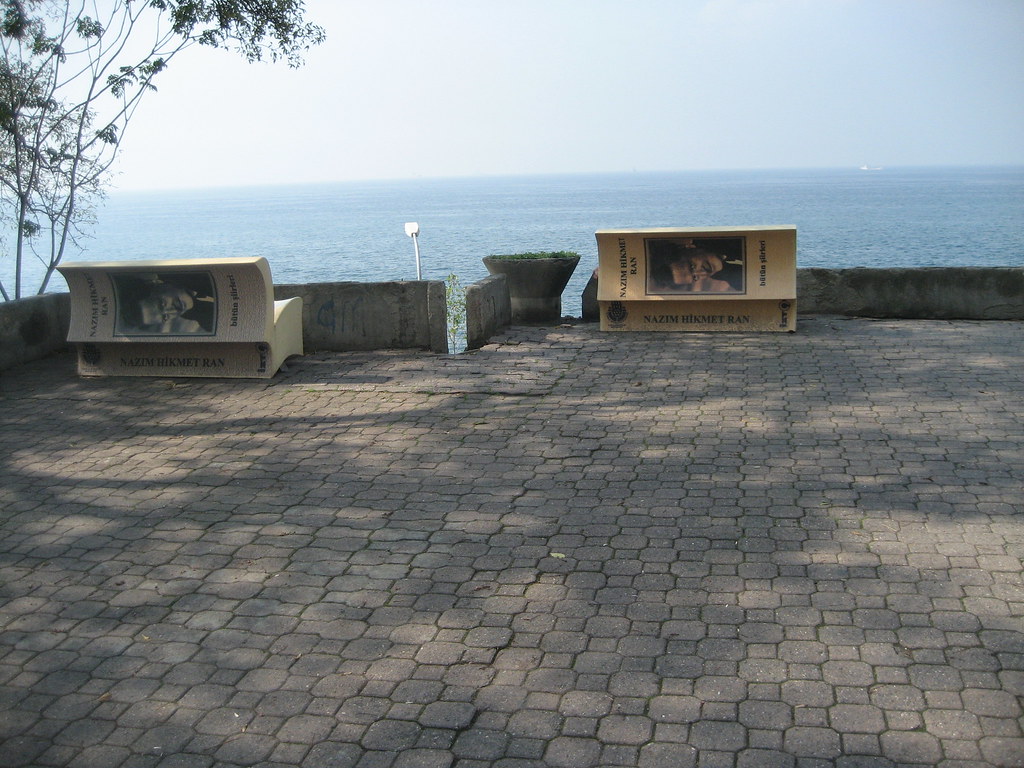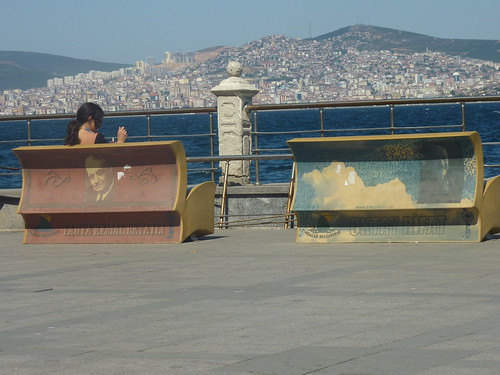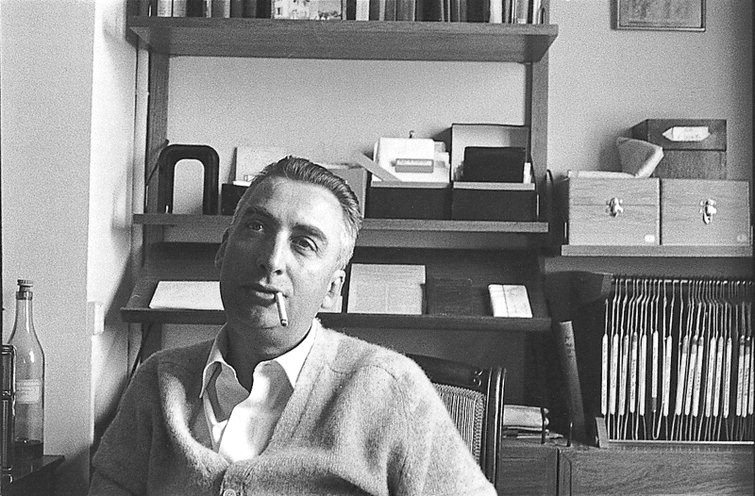In
January I set a goal of reading a great work of Slovene literature this year.
Easy enough right? Except that I vowed to read it in the original Slovene. Uh,
yeah… ever so slightly tougher- even if I happen to speak the language. So as
December neared I was not surprised to find myself just short of finishing this
goal. Okay, okay. Just short of starting it, actually.
So
I picked up my chosen volume, a relatively slender, contemporary novel by Boris Pahor- and then quickly put the project on hold. You see, like most people with
work and family responsibilities, I tend to do a lot of my reading in bed. The disadvantage
to this is that a tough read gets even tougher since my brain is absolutely shredded
by the time the kids fall asleep. The one advantage I have is that I can tackle
a work of Slovene literature with my wife, a native speaker, right beside me.
So I began to pepper her with questions.
You
can take a guess how pleasant that was for her, as she tried to read her own
books (in English, coincidentally.) So, after being asked to “read the whole
sentence” and provide some context for my repeated questions, we both end up
frustrated. So, undaunted, I tried the dictionary route.
Unfortunately,
there are few things as agonizingly slow as flipping through a dictionary in
search of a word whose correct original ending you have to first deduce
because, ya know, every noun has a gender and the noun’s ending (and its adjective’s
ending) changes depending on which of the six cases and three numbers is used
(yes, Slovene has declensions and verb conjugations for singular, plural and
dual- they’re overachievers that way.) And at the end of all of that,
you might find that the word is part of an idiom that isn’t listed in your
typical dictionary, so I then have to flip through my Slovene/English
dictionary of idioms to get the true intended meaning.
I
am a patient man. But I’m not that patient. So then I considered just reading the book cold, and seeing if things would clear up over time. If I read in Slovene, I can generally grasp between 60 and 75% of it, depending on the difficulty of
the writing. And while that’s pretty good for your average American, it’s
absolutely maddening to someone like me, who cannot allow himself to skip a
single word when I read a book in English. Letting 25% or more of a text float
by me is extremely unnerving, and I’m extremely quick to give it up- which is
what I did.
But
the goal still nagged me. It was a worthy aspiration, and one that wasn’t so
much difficult as it was time-consuming. So, it seemed a pity to let it get the
best of me. I took a step back and came up with a new strategy: I would find another
book, with an English translation, and try the old side-by-side method until I
got into a good flow. After running through an entire book that way, I would
return to my Pahor novel (for which there
is no English translation), and see
if I couldn’t nudge my contextual understanding from a pitiful 60%, to something closer to
90%. That, I think, I could live with.
End
result? TBD. I still have 25 days before time runs out, and I’m already 100
pages into Michael Crichton’s Congo (as well as Michael Crichton’s Kongo .) I started out with paragraph by
paragraph comparisons, and have since graduated to section by section
comparisons. If I’m tired, I read the English first, but I am getting more
comfortable and picking more things up through context when I try to tackle the
Slovene first. After another 200 pages, perhaps I’ll really be ready to tackle
the Pahor.
Anyone
else tried this? Any other advice/methods/warnings/encouragement you would
share? Go right ahead.















